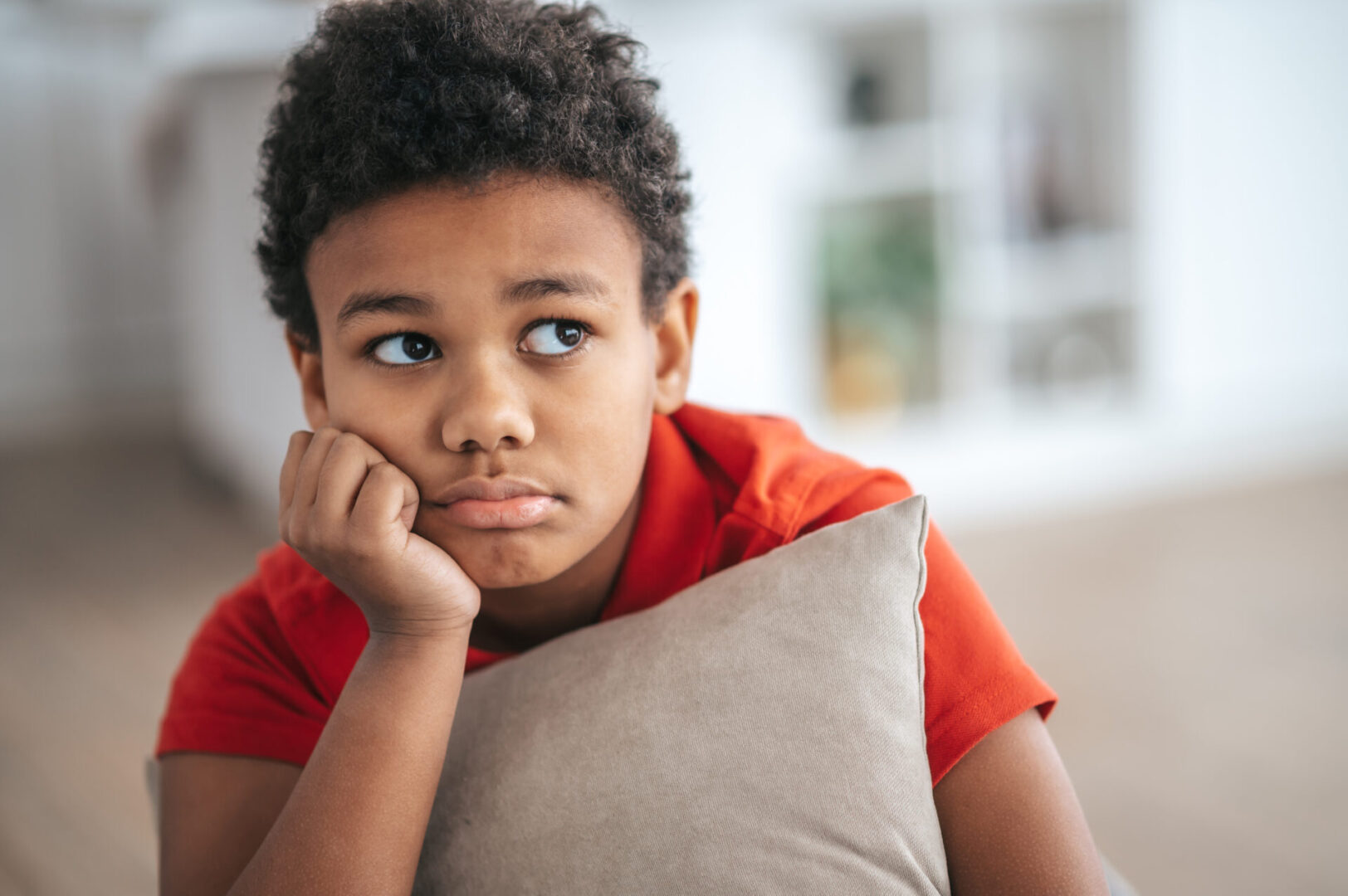Depression &
Negative Mindset
Negative thinking has a sneaky way of settling in, even in the brightest, most capable young people. It often starts quietly—“I’m not good enough,” “Everyone else has it together,” “Why even try?” These thoughts become habits, shaping how they see themselves, their relationships, and their future.
While a negative mindset isn’t the same as clinical depression, it can be a warning sign. Left unaddressed, these patterns can wear down self-esteem, disconnect kids and teens from what they love, and slowly evolve into something heavier, harder to shake—depression.
The truth is: this isn’t rare. In fact, nearly 1 in 5 adolescents will experience a depressive episode before adulthood. The numbers are even higher for girls and LGBTQ+ youth. And while depression can sometimes look like sadness or hopelessness, it can also look like irritability, withdrawal, burnout, or complete emotional numbness. That’s why it’s so important to catch it early—when a shift in mindset can make all the difference.

Here’s a Look at the Kinds of Situations Where I’ve Been Helpful
🛌
A once-curious and enthusiastic middle schooler who now has no energy, no motivation, and no interest in the things they used to love. They’re sleeping more, talking less, and nothing seems to bring joy anymore.
📉
A high-achieving teen who’s their own worst critic. Every small mistake becomes a personal failure. Even success doesn’t feel like enough. They’re emotionally drained but afraid to slow down or let anyone down.
🎭
*A college student who’s learned to “fake fine.” They show up to class, smile when needed—but underneath it all, they feel invisible, misunderstood, or just tired of pretending everything’s okay.
😶🌫️
Or the young adult stuck in a mental fog. Their sense of direction is gone, their passions feel flat, and even simple decisions feel overwhelming. They want to feel better—but don’t know where to start.

My Approach
I specialize in treating depression and chronic negative thinking in gifted, sensitive, and ambitious young people. My work integrates research-backed therapies like Cognitive Behavioral Therapy (CBT), Behavioral Activation, mindfulness, and self-compassion strategies to help shift the way they think, feel, and show up in the world.
In therapy, we’ll dig into the unhelpful thought patterns, untangle the emotional knots, and slowly rebuild a mindset that feels lighter and more hopeful. This isn’t about “just thinking positive.” It’s about learning to think realistically, flexibly, and with kindness.
The end goal? A sense of agency. A return to joy. And a renewed ability to show up—for themselves and their future.
🌤️ If your child or teen is stuck in a cycle of self-criticism, hopelessness, or emotional shutdown, help is here. Let’s take the first step together.
